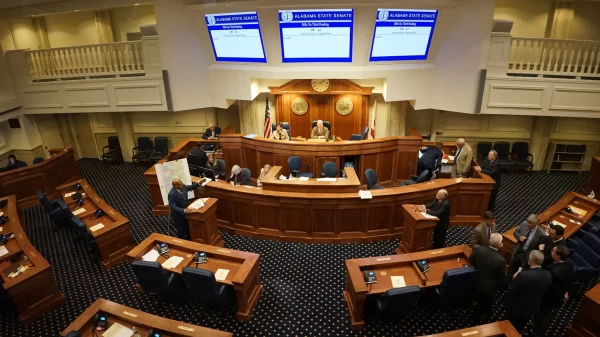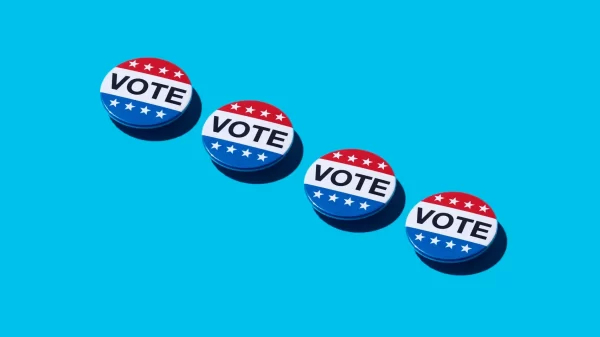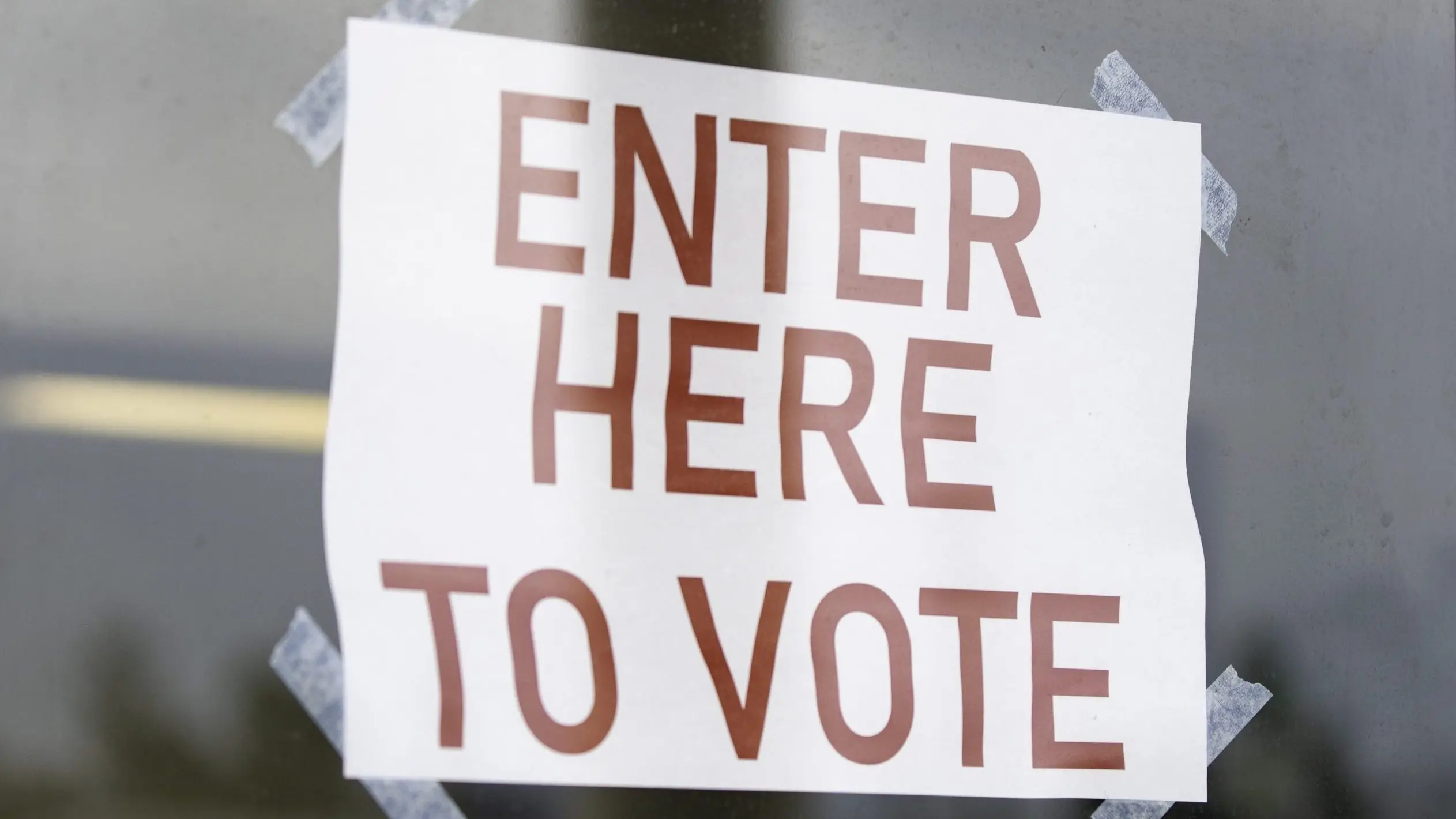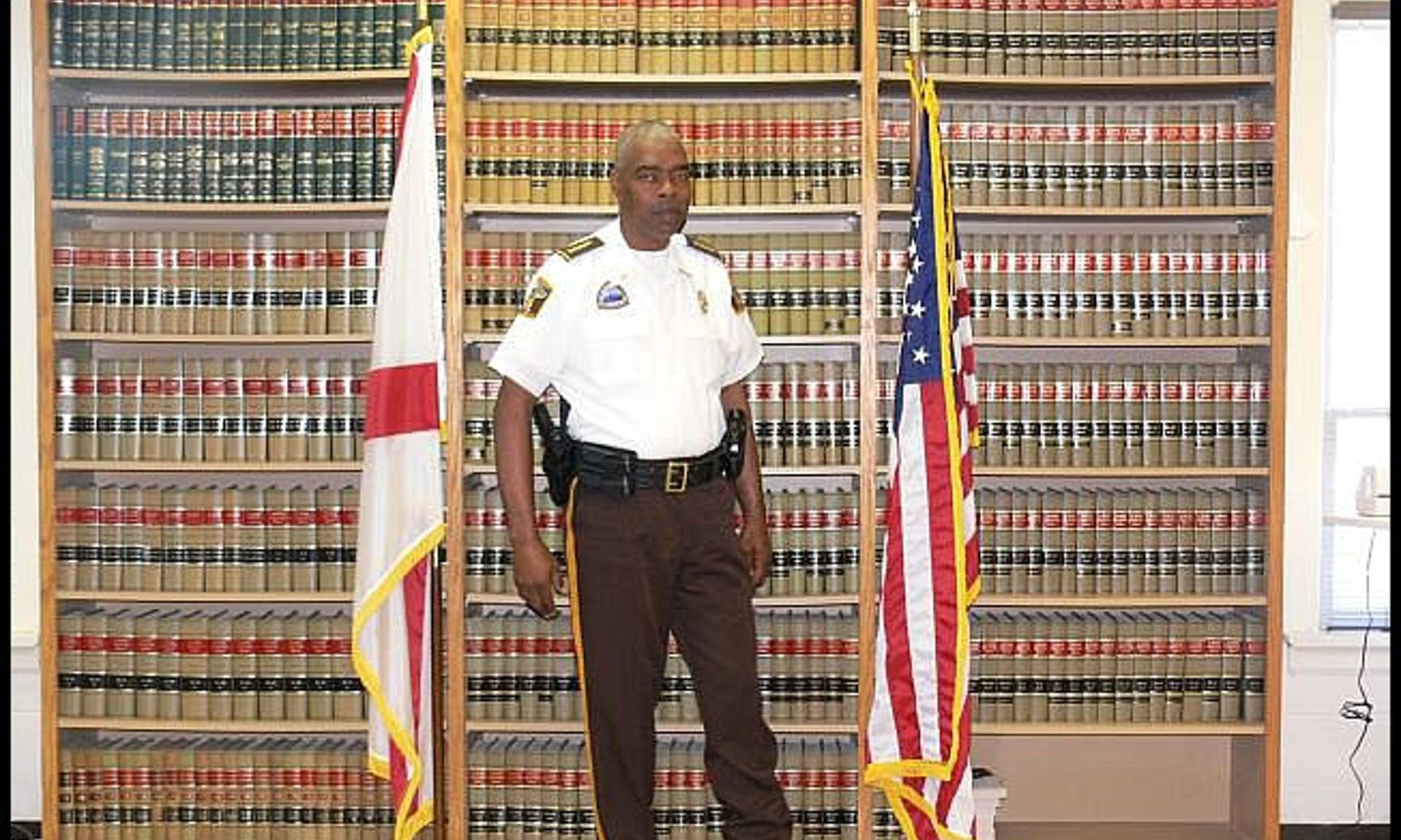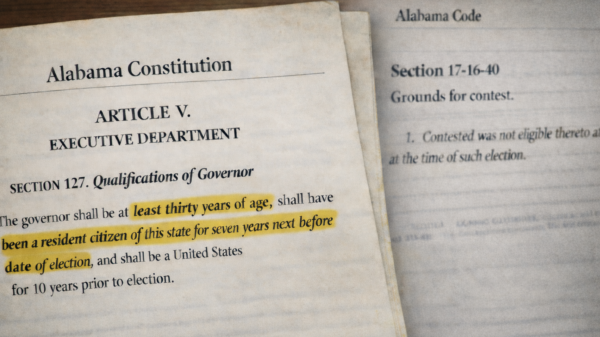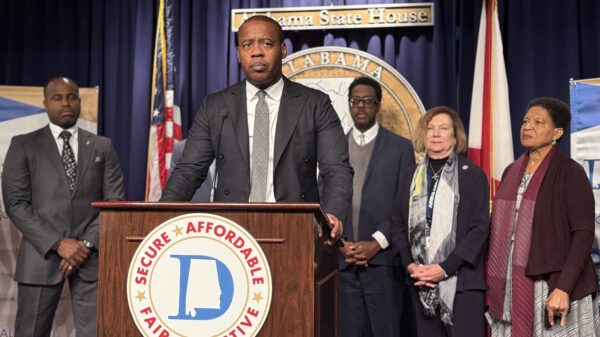The Alabama Attorney General’s Office has announced that the expanded list of felonies in House Bill 100, which would prevent some residents from voting, will not be enforced until after this year’s election and asked the judge to dismiss a lawsuit.
On Friday, a ruling was filed in the Montgomery Circuit Court that although HB100 has an effective date of Oct. 1, it cannot be used to block residents from voting since the Alabama Constitution prohibits new election laws from taking effect within six months of a general election.
HB100, introduced by Rep. Adline Clark, D-Mobile, was created to safeguard election workers by making crimes against them and other election officials disqualifying felonies, thus prohibiting those convicted from voting.
However, before the bill was passed, lawmakers amended it to include six additional felonies categorized as crimes of moral turpitude, resulting in the loss of voting rights for those convicted.
The amended bill also added more categories of felonies related to “inchoate” crimes, such as soliciting, attempting and conspiring to commit one of the listed felonies, to the list of disqualifying offenses.
Before HB100, Alabama only recognized 40 kinds of felonies that would disqualify one from voting. After HB100, there are now 120.
The Campaign Legal Center filed the lawsuit last month to attempt to clarify who would be blocked from voting this cycle. Without the clarification, voters and registrars could experience some confusion about who can cast a ballot.
The state responded by saying that the two men who filed the suit were “free to vote” in the upcoming election, but “after that election, however, they will be disqualified and will not be able to vote lawfully unless their voting rights are restored.”
Residents who will be considered ineligible to vote after this election can have their voting rights restored by receiving a Certificate of Eligibility to Vote.
The CERV process enables those who have had their voting rights revoked to seek restoration once they have completed their sentence, settled all fines, court costs, and restitution and are free of any pending felony charges. Some convictions require a pardon to restore voting rights.












